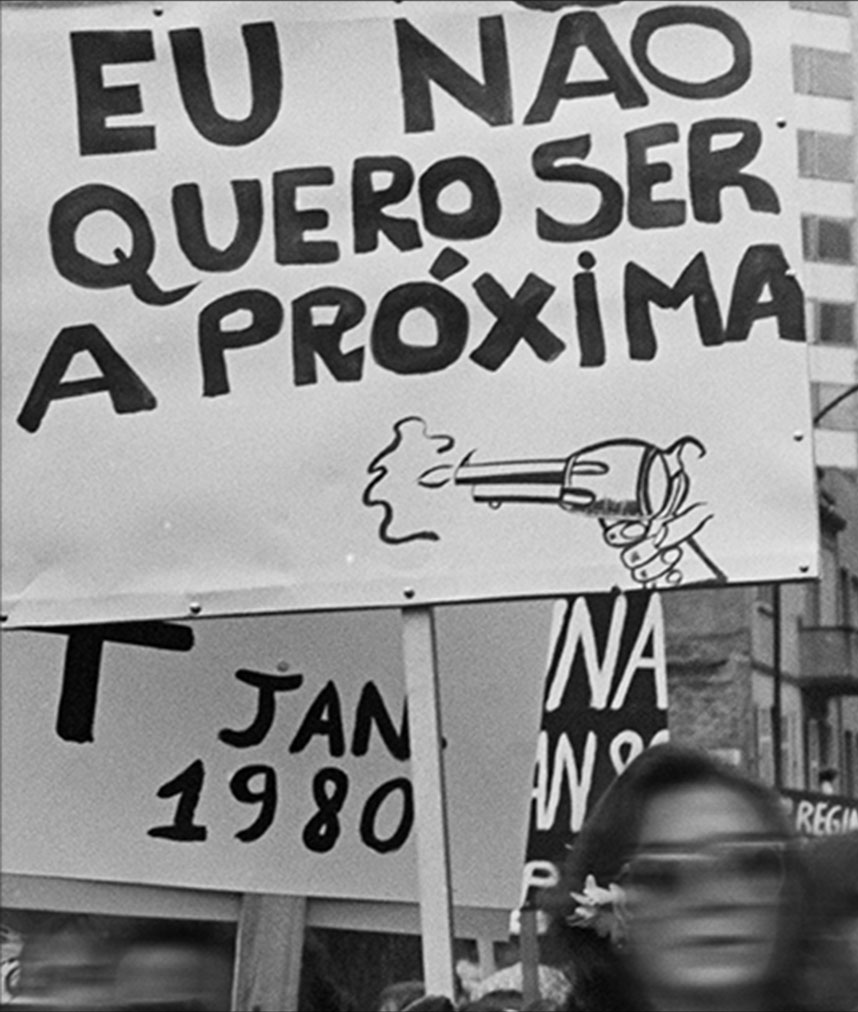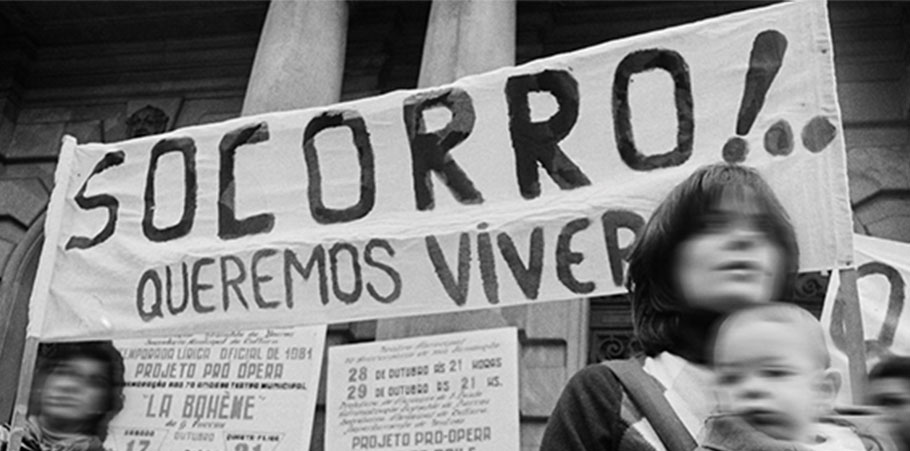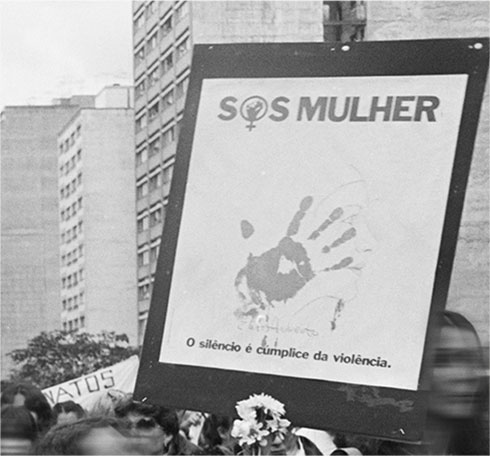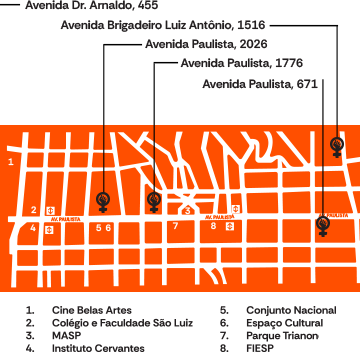Jacqueline Pitanguy is a sociologist, professor, and author of books on feminism in Brazil. She served as president of the National Council for Women's Rights (CNDM) from 1986 to 1989. Jacqueline was one of the key figures in the fight to include women's rights in the Brazilian Constitution.
The posters of
the women's fight
that will stay
on the streets
for as long
as needed.

Every great change starts in the same place:
the streets.
This March 8th, Eletromidia revisits the feminist journey in Brazil. Based on photos from past decades, we brought back the same posters that were raised in the past, now with new versions representing different years of the fight.
This March 8th, Eletromidia revisits the feminist journey in Brazil. Based on photos from past decades, we brought back the same posters that were raised in the past, now with new versions representing different years of the fight.
Get to know the posters
The main photos of the project were taken by Rosa Gauditano, one of the few female photographers during Brazil’s dictatorship period.
The main photos of the project were taken by Rosa Gauditano, one of the few female photographers during Brazil’s dictatorship period.



Today's posters
Inspired by photos of past protests, the posters carry the same messages, now with designs that reflect more decades of history. The material is resistant to tearing, water, and time—perfect for being carried forward. For as long as it needs.
Where
to find

Restless Stories
Jacqueline Pitanguy
sociologist author
Rosa Gauditano
photographer
Rosa Gauditano is a photographer and journalist. She documented numerous social movements, contributing to major independent newspapers of the time. In addition to projects advocating for women's rights, Rosa also captured strikes, protests against the dictatorship, and the cost of living crisis. She has also done extensive work documenting Indigenous peoples in Brazil.
Maria Clara Queiroz
social educator student
Maria Clara Queiroz is a social educator and student. She lives in Heliópolis, the largest community in São Paulo. Maria Clara is a social educator for the project Minas e Manos Desconstruindo o Machismo (MUDEM), which works with young people aged 14 to 18 in the community. The project's goal is to address women's rights, challenge sexist ideologies, and amplify this discourse in the spaces each young person occupies.